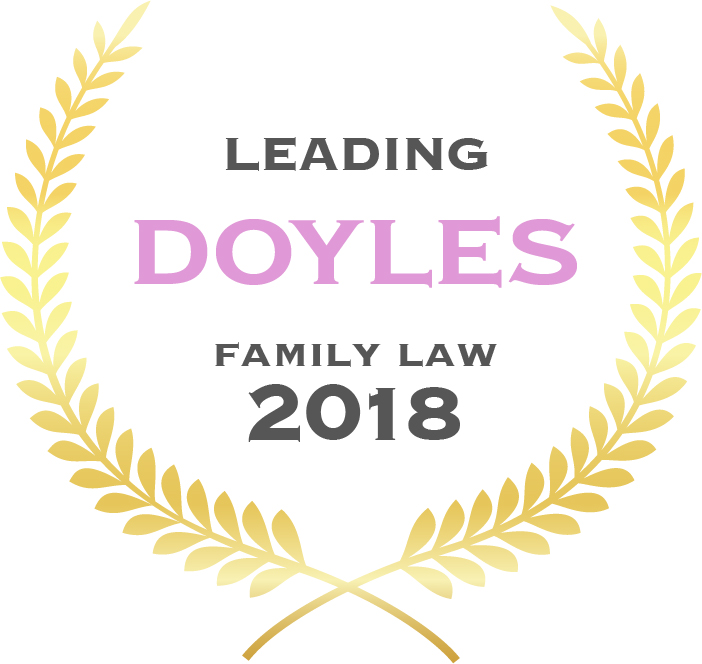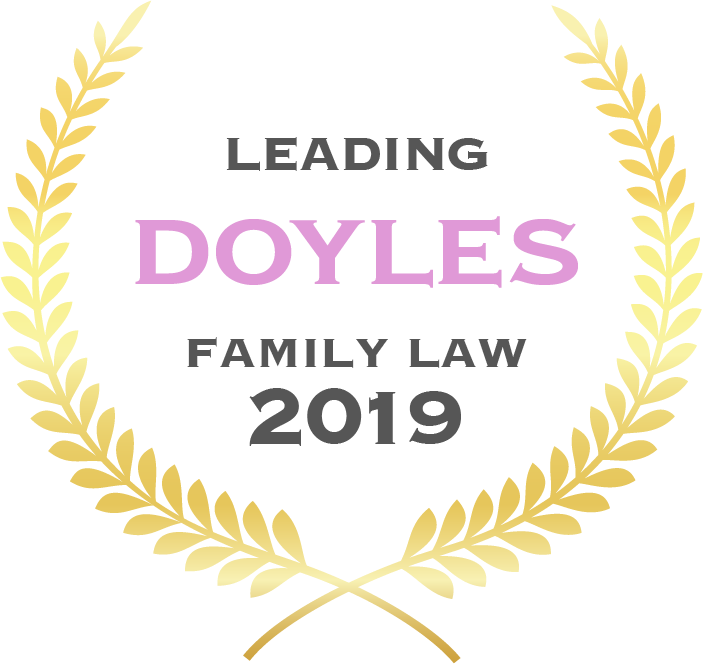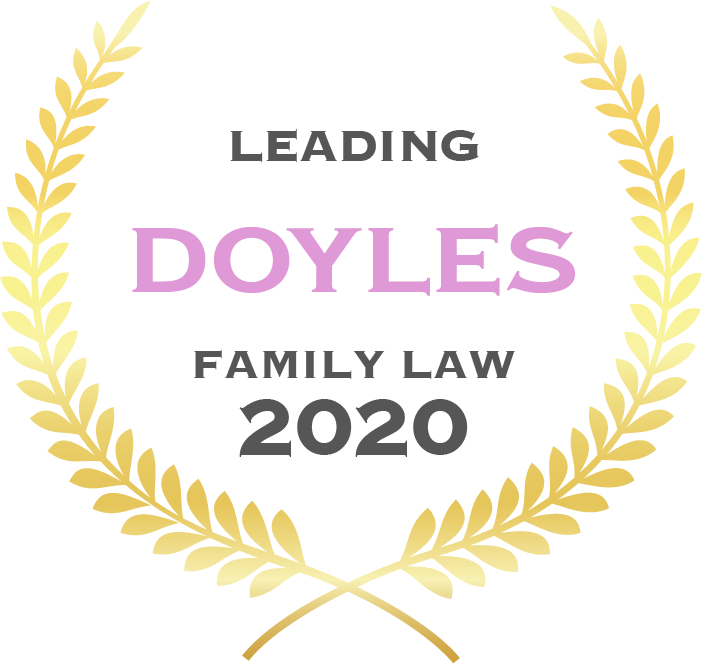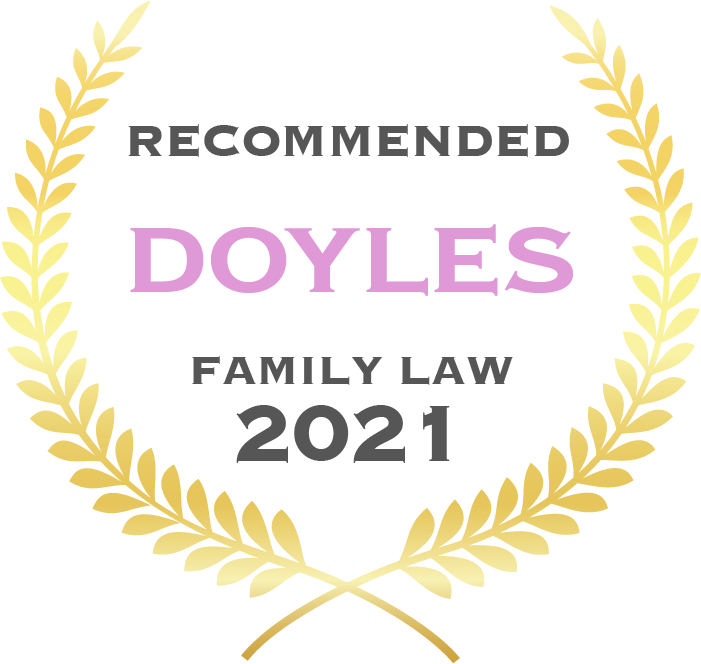
Child support is a payment of financial support of one parent (“the payer parent”) of a child to the other parent (“payee parent”), to assist with the cost of caring for the child. It can also be the payment of financial support of both parents to another person whom has the care of the child, to assist with the cost of caring for the child.
The parents of a child can either agree on the amount of financial support that is required to be paid to the payee parent, or they can approach the Child Support Agency (“CSA”) and request that the CSA assess the amount to be paid and/or attend to the collection of payment.
If assistance is sought from CSA, the amount of financial support to be paid by the payer parent is determined pursuant to a formula that looks at the cost of care of the child (dependent on the child’s age), the income of both parents and the number of nights care each parent provides.
A standard CSA assessment will not take into account any special circumstances of an individual family, for example the payment of any additional expenses that may be incurred by the child from time to time, or the cost incurred by a parent to spend time with a child. Any such expenses include the cost of flights, supervision, holidays, elective medical treatment, health insurance, day care and private education and extra curriculum activities and/or tutoring.
Should a payee parent require the payment of further support to cover any additional expenses that may be incurred by the child from time to time, an application to the CSA seeking a change of assessment in special circumstances will need to be made. The outcome of such an application cannot be guaranteed; ordinarily the CSA will only grant a change of assessment in very limited circumstances.
In order to ensure that the child is adequately provided for, it is recommended that the parents enter into a private arrangement regarding the ongoing financial support of the child. In addition to the payment of a nominated weekly amount (or periodic payment), a private arrangement can provide for the payment of non-periodic additional expenses that may be incurred by the child from time to time. Any such additional expenses include the cost of holidays, elective medical treatment, health insurance, day care and private education and extra curriculum activities and/or tutoring.
A private arrangement can be established by way of an informal or formal written agreement. Although some separated parents get along and are happy to continue to follow the terms of an informal agreement without any issue, many parents do not.
In order to provide certainty in respect of the payment of the agreed amount of support and prevent any future issues arising, it is recommended that parents formalise any private arrangement reached by entering into one of the following written agreements:-
- a Binding Child Support Agreement
- a Limited Child Support Agreement.
Our team of experienced family law solicitors can assist you with all aspects of your child support matter.
Binding Child Support Agreement
A binding child support agreement allows parents to make a binding agreement about the amount of financial support that is to be paid. They operate in a similar manner to separation agreements that parties enter into to determine how the assets, liabilities and financial resources of the parties are to be divided upon separation, and whether either party is to make payment of any ongoing maintenance (spousal maintenance).
A binding child support arrangement can include provisions for the payment of weekly (or periodic payments) of financial support, in addition to the payment of non-periodic additional expenses that may be incurred by the children from time to time. Any such additional expenses include the cost of holidays, elective medical treatment, health insurance, day care and private education and extra curriculum activities and/or tutoring.
A binding child support arrangement can also provide parents with the opportunity to agree to dispense with either parent’s obligation to pay child support.
In order to enter into a binding child support agreement, each parent must receive independent legal advice as to the effect and advantages and/or disadvantages of the agreement before entering the agreement from a legal practitioner whom holds a current practicing certificate. The parents may not receive the requisite legal advice from the same legal practitioner.
In order for the binding child support agreement to be binding, the following requirement must be met:
- the agreement must be in writing (in the correct form) and signed by both the payer parent(s) and payee parent (or carer) and be registered with the CSA;
- the agreement must include a statement of independent legal advice annexed to the agreement and executed by each legal practitioner confirming that before the agreement was signed, their respective client received independent legal advice as to the effect and advantages and/or disadvantages of entering into the agreement.
- The parent receiving child support must at least have 35% of the care of a child.
Prior to entering into a binding child support agreement, there is no requirement for an administrative assessment to be sought from the CSA unless you require a lump sum to be paid. However, in order to ensure that the Child Support Agency records that the parents have entered into a private agreement in relation to the financial support of a child, the parties should register a copy of the binding child support agreement with the CSA.
Once entered into, the terms of a binding child support agreement are enforceable and will remain in place until such time as the agreement comes to an end (as agreed by the parties within the terms of the agreement) or upon the parties jointly agreeing to terminate same.
If the terms of an existing binding child support agreement need to be amended, it is not the case that the agreement can simply be varied. The binding child support agreement must be terminated by way of a written (in correct form) termination agreement before a new binding child support agreement (containing the amended terms) can be entered into.
The parents must also receive independent legal advice as to the effect and advantages and/or disadvantages of terminating the agreement before entering into the termination agreement from a legal practitioner whom holds a current practicing certificate. The parents may not receive the requisite legal advice from the same legal practitioner.
The termination agreement must include a statement of independent legal advice annexed to the agreement and executed by each legal practitioner confirming that before the termination agreement was signed their respective client received independent legal advice as to the effect and advantages and/or disadvantages of terminating the agreement.
If you are considering entering into a binding child support agreement, or terminating an existing binding child support agreement, it is important to seek legal advice from an experienced family law practitioner.
Our team of experienced family law solicitors can assist you with all aspects of your child support matter, including the preparation of a binding child support agreement.
Limited Child Support Agreement
A limited child support agreement provides parents with some flexibility to determine their own child support arrangements.
A limited child support agreement works off an existing child support assessment, but also provides the parents with the opportunity to enter into an agreement about method of payment of the assessed amount and/or the payment of additional non-periodic expenses that may be incurred by the child from time to time. Any such additional expenses include the cost of holidays, elective medical treatment, health insurance, day care and private education and extra curriculum activities and/or tutoring.
Unlike binding child support agreements, the parents do not need to receive independent legal advice before entering into the limited child support agreement. However, the limited child support agreement are required to be lodged with, and the terms accepted by, the Registrar of the CSA.
In order for the limited child support agreement to be accepted by the Registrar the following requirement must be met:
- there must be a current child support administrative assessment in place and the total amount of financial support to be paid under the limited child support agreement must be for no less than the rate of child support that is payable under the CSA assessment;
- the limited child support agreement must be in writing (in the correct form) and signed by both the payer parent(s) and payee parent (or carer);
- the limited child support agreement must meet the conditions set out in the Act.
If the terms of an existing limited child support agreement need to be amended, it is not the case that the agreement can simply be varied. The agreement must be terminated before a new limited child support agreement containing the amended terms can be entered into.
However, unlike a binding child support agreement, a limited child support agreement can be ended as follows:
- by the parents entering into a new limited or a binding child support agreement;
- by the parents entering into a written agreement declaring that the limited child support agreement is to end;
- if the annual rate of the CSA assessment changes by more than 35%, by either parent writing to the CSA requesting that the limited child support agreement end and payments to revert to the amount nominated in the CSA assessment;
- after a period of three (3) years has lapsed from the date of execution of the limited child support agreement, by either parent providing written notice to CSA that the limited child support agreement be terminated;
- by way of a court order.
If you are considering entering into a limited child support agreement, or terminating an existing limited child support agreement, it is important to seek legal advice from an experienced family law practitioner.
Our team of experienced family law solicitors can assist you with all aspects of your limited child support agreement.
Marino Law has been named as a Recommended Gold Coast Family and Divorce law firm for several years running on the prestigious Doyles Guide.








